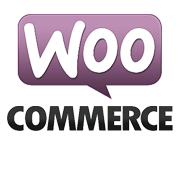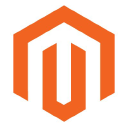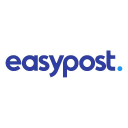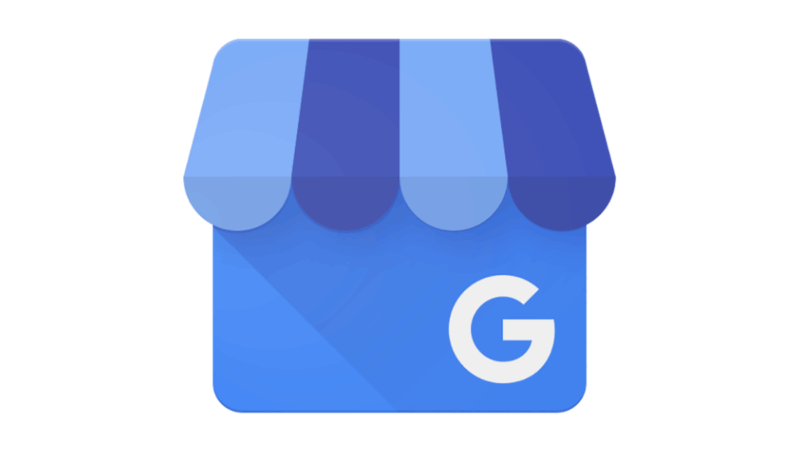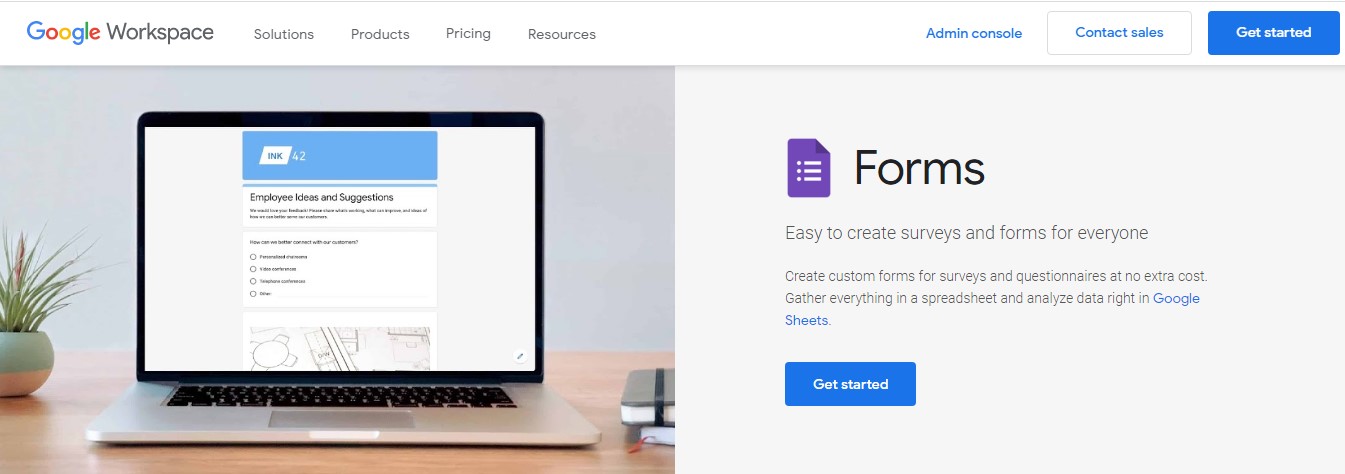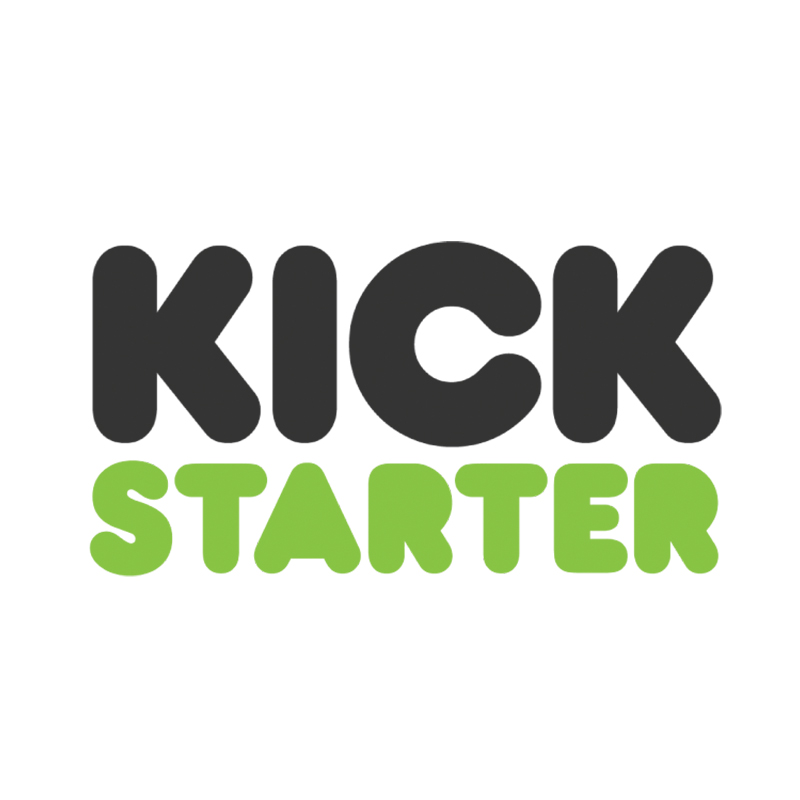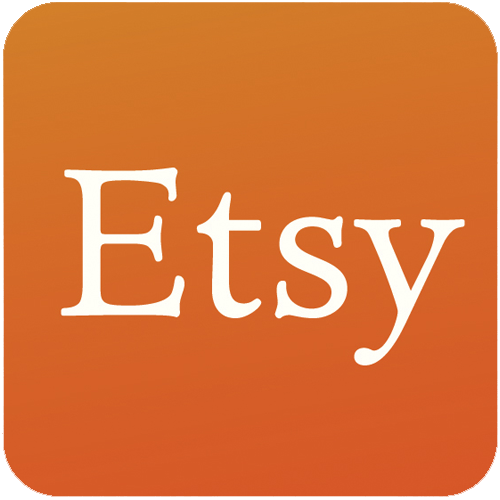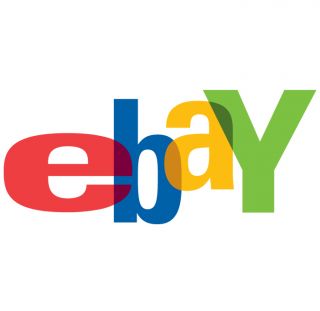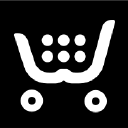How Two Broke College Students Built A $1M/Year eCommerce Fulfillment Center
Hello! Who are you and what business did you start?
Hey there, Nick and Parker here! We co-founded OTW Shipping, an eCommerce fulfillment center, not too long ago in 2020. For those who don’t know what a fulfillment center is, we store inventory for online sellers and when they get orders we pack and ship them to their customers (similar to an Amazon warehouse). Our mission is to provide eCommerce brands with best-in-class fulfillment with a level of service and support that feels like your own personal warehouse team.
We officially launched in November of 2020 as a couple of broke college students and hit $1M in revenue in our first 12 months, shipping out over 120,000 packages. We are moving into 20,000 square feet this week and are on track to triple that number in the next 12 months!

What's your backstory and how did you come up with the idea?
It’s...


